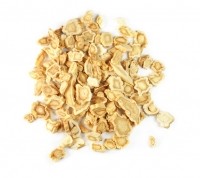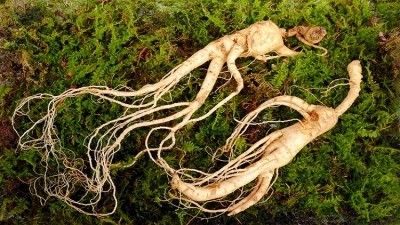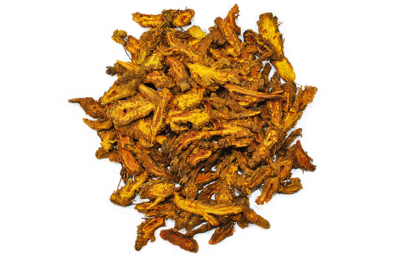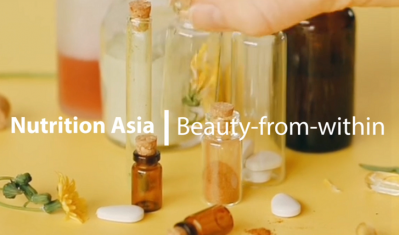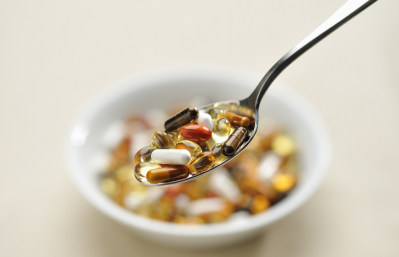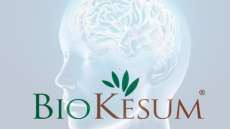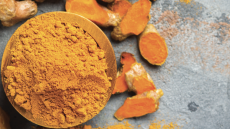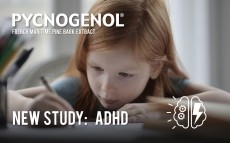Ready to fly? South Korea exploring balloon flower as health functional food due to triglyceride lowering effects
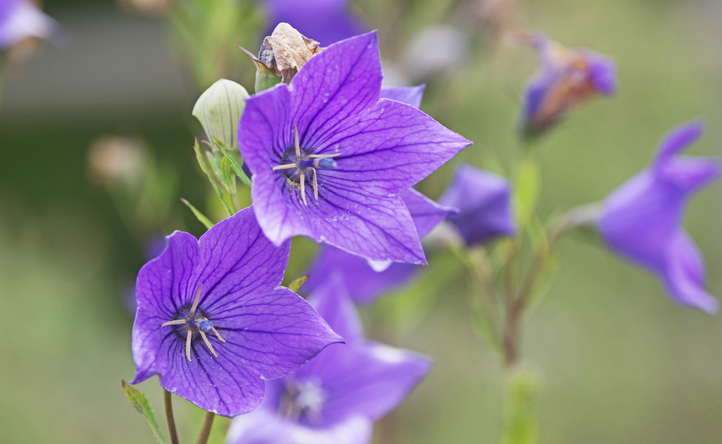
This will help tackle the problem of rising metabolic diseases, said an official from the RDA.
“At a time when metabolic diseases such as hyper-lipidemia (high level of lipids in the blood) are continuously rising, the triglyceride reduction effect of the Chinese bellflower is expected to help improve public health,” said Kim Young, who is in charge of the functional food general business at RDA.
The blood triglyceride lowering effect of balloon flower was uncovered in studies conducted by the Ewha Womans University.
In a recent eight-week study involving 96 men and women, the supplementation of 160ml of the balloon flower extract had decreased blood triglyceride levels by 45 per cent and total cholesterol concentration by 49 per cent.
The RDA has published a thesis of the results in The Journal of the Korean Society of Food Science and Nutrition. It is also consulting the Ministry of Food and Drug Safety (MFDS) in adding Platycodon grandifloru into the list of approved health functional food raw material.
The roots of balloon flower, known as doraji in South Korea, jiegeng in China, and kikyo in Japan, have been traditionally used as a remedy for cough, bronchitis, asthma, and sore throat.
Existing animal studies have shown that it could reduce the elevation of blood triglyceride levels in mice fed with a high-fat diet, as it inhibits the intestinal absorption of dietary fat.
Another study by Zhao et al also showed that platycodin D, a bioactive component from the roots of balloon flower, could decrease serum triglycerides concentration and increase faecal triglycerides excretion.
Human clinical study
The roots of balloon flower were also shown to reduce post meal lipid response in an earlier RCT funded by the RDA.
The RCT was conducted by Professor Oran Kwon from the Department of Nutritional Science and Food Management at Ewha Womans University, who is also leading RDA’s trials on balloon flower.
The study, published in 2018, involved 52 subjects who were randomised to drink a high-fat shake and a placebo beverage or one containing the roots of balloon flower.
Their post meal blood samples were then collected at the zero, first, second, fourth, and sixth hour to find out the blood triglyceride levels.
After which, they crossover to the other group and repeated the same experiment procedures.
Results showed that the high-fat shake had raised triglyceride concentration and triglyceride-rich lipoprotein fractions.
However, as compared to the placebo, consuming the balloon flower roots beverage had significantly reduced the blood concentration of very low-density lipoprotein (VLDL) triglycerides, especially at the sixth hour.
“The findings of this study are sufficient to suggest that AP (balloon flower root) beverage might have potential to alleviate postprandial lipemia through inhibiting pancreatic lipase and elevating lipoprotein lipase mass.
“Subjects who had a habitual high-fat dietary pattern showed higher postprandial lipemia response. Thus, they could be classified as a responder group to AP beverage,” the researchers said.
